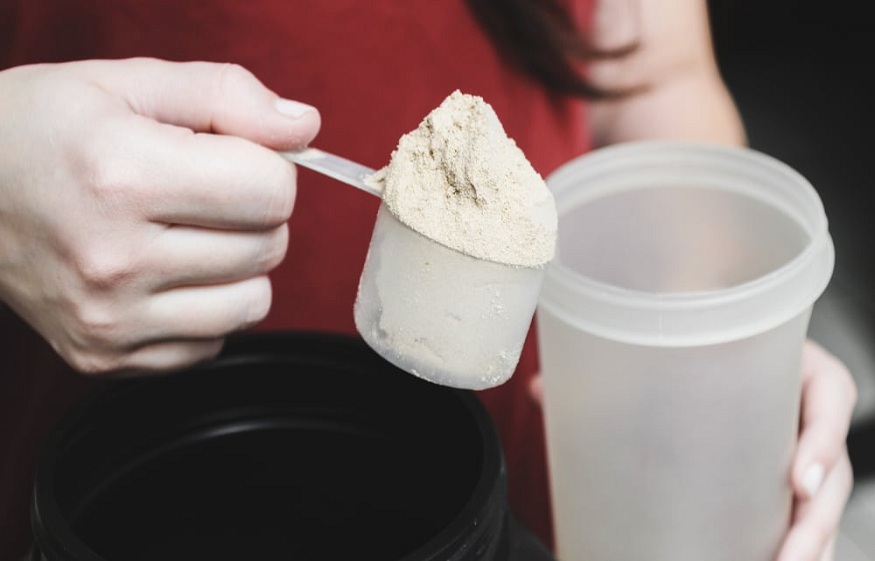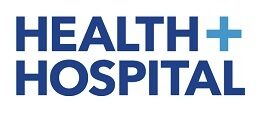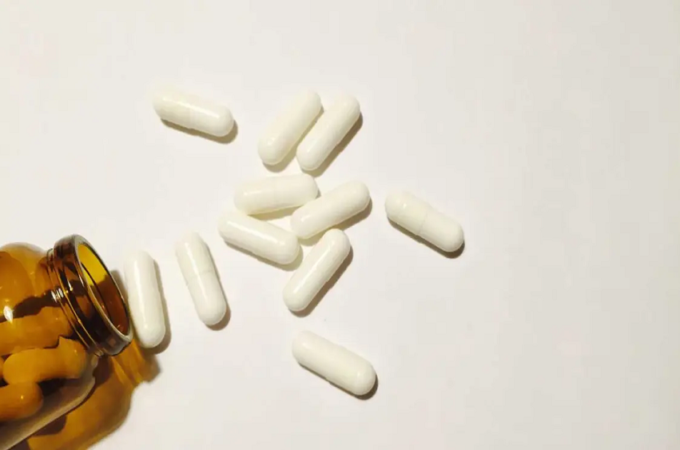
Dr Richard Nahas Ponders If You Actually Require Protein Supplements
Introduction
According to Dr Richard Nahas, protein is an essential macronutrient for your body. If you’re working out or participating in a lot of athletic activities, you may need more of it. While most people get protein from their regular diet, people who work out religiously swear by protein powder. Let’s check out if you actually require protein supplements.
The Discussion
- Protein supplements – Protein supplements are manufactured by extracting protein from plant and animal-based sources that range from peas and soy to eggs and milk. During processing, naturally occurring carbohydrates, minerals, fats, and fibres are removed while sweeteners, herbs and supplementary nutrients may be added. So, technically, protein supplements deliver a more concentrated dose of protein compared to natural sources of food that have other types of nutrients as well.
- Lack of regulations – While protein supplements aren’t regulated by the USFDA down south, it is regulated here in Canada. Health Canada regulates protein supplements and is quite strict about the ingredients that go in those supplements. However, research shows that even the safest protein powders may have contaminants in them. In 2017, a good fraction of protein powders was found to be contaminated with arsenic, lead and other such harmful substances that can do a lot of damage in the long term.
- Protein requirement of your body – While considering protein supplements, it’s important to know how much protein is required by your body. For most healthy people, the RDA (Recommended Dietary Allowance) for protein is around 0.8 grams for every kilogram of body weight. That means if you weigh around 70 kg with little to no exercise, you’ll need at least 56 grams of protein each day. Someone who is bulkier at around 100 kg would require 100 grams of protein every day.
This number changes with age and the amount of exercise you do every day. For instance, if you do moderate workouts regularly, you’ll need to consume around 65 to 90 grams of protein even if you weigh 70 kg. Research suggests that older adults, athletes and bodybuilders who are trying to support muscle growth need around twice as much protein as the RDA for an average healthy adult. Pregnant women also have elevated protein needs. However, their protein intake and sources of protein should be recommended by professional dieticians, nutritionists and obstetricians instead of the average gym bro.
- Picking a protein supplement – Talk to a dietician to figure out if you’re getting the amount of protein your body needs through natural sources. Otherwise, you can take protein supplements after checking that it’s certified by Health Canada, and don’t have excessive amounts of added ingredients like alcohol, sugar and caffeine.
Conclusion
Dr Richard Nahas suggests that you figure out how much protein you are getting from natural sources like meat, whole grains, eggs, cheese, beans and more. It’s highly likely that you can get your daily dose of protein from regular food sources. However, if you work out a lot, you may need protein supplements.





